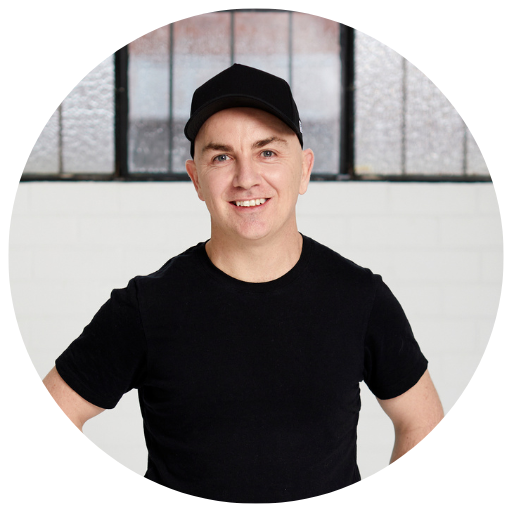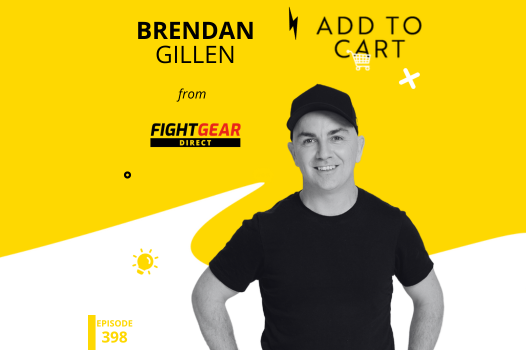In this episode of Add To Cart, we are joined by Brendan Gillen, Chief Ecommerce Officer at Fight Gear Direct
Today’s guest owns a business that sells fight gear, but don’t worry, we won’t be quizzing you on how well you know your MMA from your Muay Thai, but we will be bringing you plenty of knockout ecom tips. Brendan Gillen is Chief Ecommerce Officer at Fight Gear Direct and CEO and Founder of The Ecommerce Factory, delivering advice and coaching to help store owners, ecommerce businesses and founders grow, optimise and scale their ecommerce businesses. You might recognise him from his black hat and outrageous facial expressions in his YouTube clips. His client list includes The Horse and Superdry and he’s been in the Top 50 people in Ecommerce list for the last three years running. In this episode, Brendan shares why it helps to care about the product you’re selling, the importance of owning your supply chain and the way he’s using ChatGPT for data analysis.

“We almost tripled sales within three months, just by turning the dial and knowing what to look for.”
Brendan Gillen
Attract, Convert, Scale
When you launch an ecom business, there are three real core pillars that go into running your business. One is where do you get your visitors from? The second one is when you do get them, how do you turn them into customers? And then how do you repeat that and scale it over time without stressing yourself out? So it’s sort of three things, we call it attract, convert and scale. Pretty simple.
And so if we break them down into their own little cohorts in, in where we get traffic from, we have to pay for traffic to get them fast. We then have to capture them and keep them in our worlds, so we can continue to talk to them and sell to them. So that’s like email marketing and SMS, and then we have to earn traffic with SEO or social media or people referring to us. So those are the sort of three ways that we think about getting traffic paid to get them now, owned to keep them for later and earned to get them when we least expect them. So fast to slow. Then, when we think about how we convert them, how does our product look? Is a product market fit? What problem are we solving and how are we articulating that? And then how do we get the most amount of value from that person? So increasing average order value. And then how do we keep that customer, get feedback from them and reiterate on that feedback?
So then the final part is if you’ve got that right, then how do we repeat that and scale it? So that’s understanding economics. Do you have the right margin to spend on ads? Do you have the right margin to grow your team? Are you able to buy more stock? How do you forecast? Then we think about planning, are you planned out? What’s your marketing next month? And then the final part is, how do we want to expand this business? And is it going to be either just increasing our team size, going into new markets, going to marketplaces, going global, getting more product?
Facebook community win
“It’s really simple. You just don’t try and sell to them in the community, right? So you become one of them. So people buy from people, right? So if they can put a face or a persona behind the brand, and they then can feel like they relate or can become part of that brand or aspire to be that brand, and you speak to them as part of this community, then you’re going to have raving fans forever. But if you just bring them into the community to try and sell to them, you’re going to lose them straight away.”
No excuses
“I’ve got two daughters, one six and one nine. And when my daughter was eight she said, hey, dad, what do you do for work? And I said, I sell things online, and she’s like, okay, do you think I could sell things online? I’m like, I think you could. So anyway, we went through this process of her ideating what she might be able to sell online. And so anyway, she loves earrings. So she went and imported some earrings from Ali Baba, and she built them, she made them and glued them and got all the parts and put these little earring things on together.
And I said, well if you want to do this, you’re going to have to build it. So, so she went ahead, and she launched her own Shopify store. It took her maybe about a week to do. And I wasn’t doing anything techie. I was just sitting there next to her and she built the Shopify store. And she launched this store and she started selling products. And I think in the first week and a half, she made a hundred bucks. And for a nine year old, that’s like, that’s ridiculous.
So when people tell me that they’re not techie enough. I’m like, no, that’s not true. That’s a limiting belief that you have because the amount of education out there and the amount of support that you can get for free, like YouTube, for example, is phenomenal.”
Links from the episode:
This episode was brought to you by…





